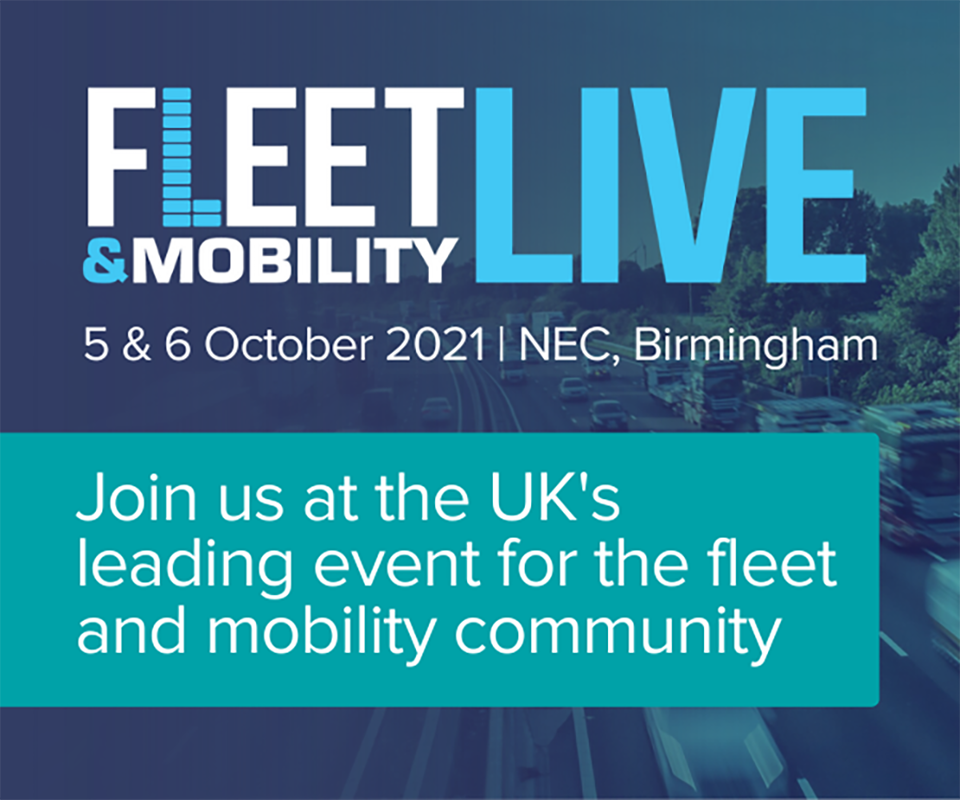Fleets should take centre stage in the Government’s transport decarbonisation plans to reach net zero, according to Energy Systems Catapult and Transport Environment.
Philip New, Energy Systems Catapult chief executive and Greg Archer, Transport and Environment UK director will dissect the Government’s Decarbonising Transport plan to identify the biggest gaps on the road to net zero as part of an open discussion session on the first day of Fleet & Mobility Live on October 5.
Delegates attending the event, which is free to attend for fleet decision makers and takes place over two days at the NEC, near Birmingham, will gain access to 20 seminar sessions from over 25 expert speakers across three theatre areas: Operational Excellence, Strategy and Benefits Box.
One area both New and Archer agree on is how important fleets are to make a success of all areas of transport decarbonisation.
New told Fleet News: “Fleets are so important because if we can meet their needs for decarbonisation, that means we would have nailed the problems around infrastructure.
“Fleets are much more demanding in terms of interoperability, for reliability and they push on the extremes for value and diversity of service.
“There has been too much focus on the individual and private car buyers when it comes to electric vehicles, but the next push for the Government on decarbonisation really needs to put fleets at the centre.”
Archer agreed, saying that UK fleets are already leading the way on EV adoption and that should not be undermined.
He says: “Fleets have been a really good way to introduce EVs to the UK car parc rapidly and this also provides the added bonus of more affordable used EVs to private owners down the line.”
The Decarbonising Transport plan was published in July this year and is expected to be followed by a Net Zero plan ahead of COP26 that will put more meat on the bones of how it will achieve some of its objectives.
The 2021 United Nations Climate Change Conference, or COP26 as it is more commonly known, is being held in Glasgow from October 31 under the presidency of the UK.
It will likely provide the platform for the UK government to announce some further headline grabbing initiatives on decarbonisation.
While Archer does applaud the ambition to phase out the sale of new petrol and diesel vehicles, including a 2040 deadline for a zero emission HGV industry, there are still some areas that need more focus.
He says: “It’s still a bit of a postcode lottery on public infrastructure for charging, so local authorities and businesses need to be fully engaged to make a success of it.
“The electric truck industry and infrastructure support also needs more focus and attention.
“Companies that are switching to alternative fuels like bio-methane should be applauded, but if we’re looking at the future there is not going to be enough production to properly support the demand needed from the HGV industry.”
Another area New would like to see more progress on is hydrogen supply plans to meet the needs of HGV fleets across the UK.
New added: “If we’re just relying on EV charging for HGVs that is going to take a colossal investment in electricity grid scale solutions.
“The kind of demand from HGV fleets across the UK rapidly charging batteries would probably bust the grid without a rethink.
“It’s going to be very challenging to solve HGV decarbonisation and we will need a hydrogen economy that matches electric in the UK, so the capability for 300 terrawatt hours from zero emissions hydrogen production.”
- To join the discussion on decarbonisation at Fleet & Mobility Live register for free now. Further information on all the confirmed speakers and seminar sessions can be found at fleetandmobilitylive.com



















Login to comment
Comments
No comments have been made yet.